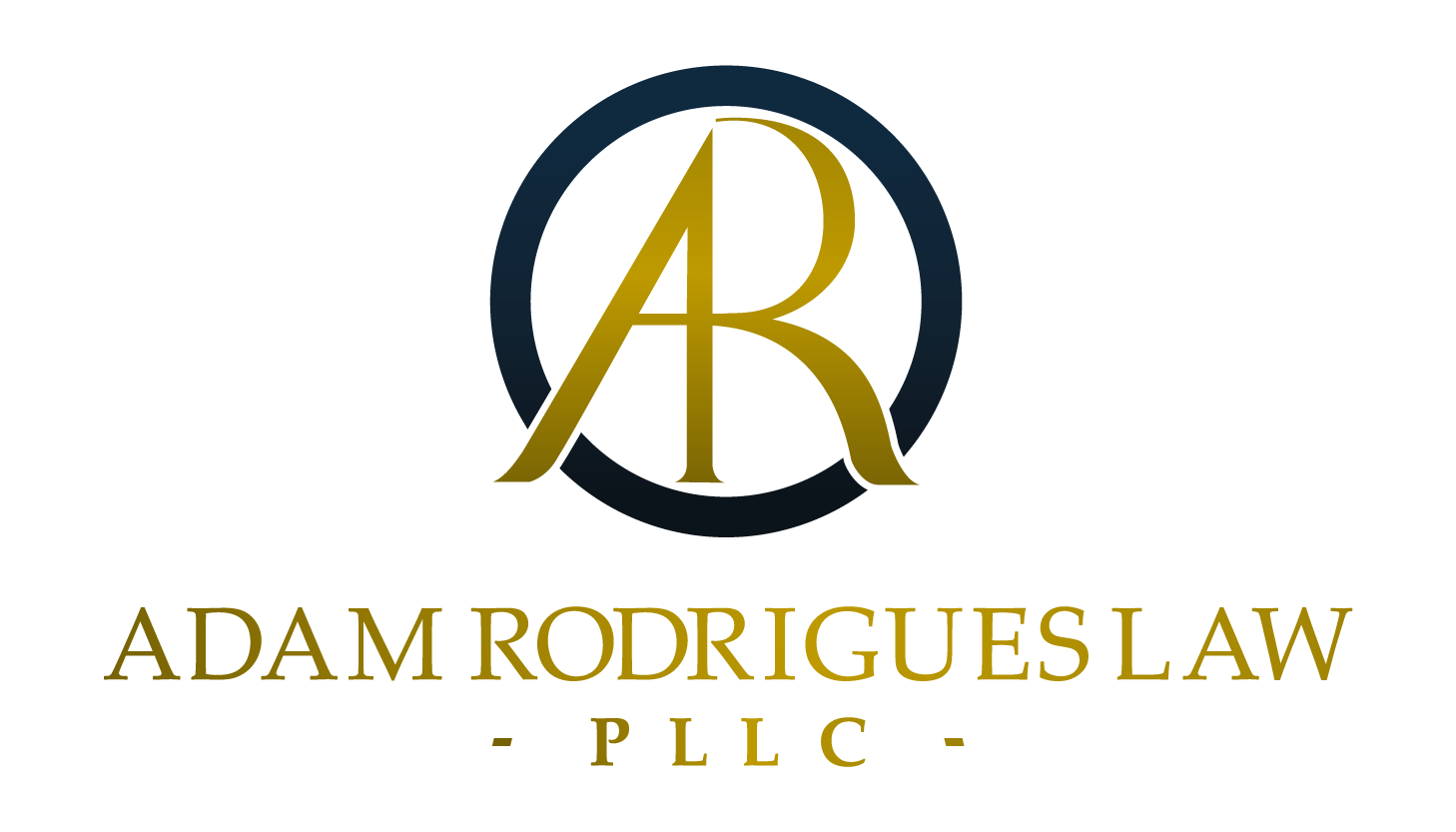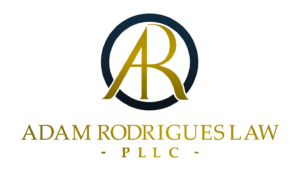
North Carolina Criminal Appeals
Being convicted of a crime in North Carolina can feel like the end of the road—but it doesn’t have to be.
Appeal of a Trial Verdict
If you were convicted at trial, you have a right to appeal your conviction to the Court of Appeals. N.C. Gen. Stat. § 15A-1444(e). If you received the death penalty, you have an appeal of right that goes directly to the North Carolina Supreme Court. N.C. Gen. Stat. § 7A-27(a).
Appeal of a Guilty Plea
If you pled guilty, your rights to appeal are more limited. N.C. Gen. Stat. § 15A-1444(e)
Typically, your best approach to challenging your guilty plea is a Motion for Appropriate Relief.
However, you do have some paths to relief through direct appeal of a guilty plea.
First, you have an Appeal of Right After Guilty Plea in the following limited circumstances
Sentence exceeds what is authorized by law — § 15A-1444(a1)
Denial of motion to suppress — § 15A-979(b)
Denial of motion to dismiss — § 15A-1444(a2)
Aside from an appeal of right, you can appeal your guilty plea for the other following reasons:
1. The Plea Was Not Knowing, Voluntary, or Intelligent
If the plea wasn’t entered knowingly and voluntarily — for example, if the defendant didn’t understand the consequences, was misinformed by the court or their lawyer, or was coerced.
Example: If the judge failed to conduct a proper plea colloquy under N.C. Gen. Stat. § 15A-1022.
2. Lack of Jurisdiction
If the court did not have subject matter jurisdiction or personal jurisdiction, that can be challenged even after a guilty plea.
Example: The charging document was fatally defective.
3. Sentencing Errors
Even after pleading guilty, you can often appeal an error in sentencing.
Example: If the sentence exceeds what is allowed by statute, or there was an error in calculating prior record level.
4. Ineffective Assistance of Counsel
This is usually raised through a Motion for Appropriate Relief (MAR), not a direct appeal, but sometimes appellate courts will consider it if the ineffective counsel is clearly reflected in the record.
Example: The lawyer demonstrates on the transcript that he or she fundamentally misunderstood the relevant sentencing laws, or made other admissions on the record reflecting ineffective representation.
5. Constitutional Violations
Violations of constitutional rights not waived by the plea may still be appealed.
Example: Double jeopardy issues, or certain speedy trial violations.
6. Conditional Pleas (Rare)
In very limited situations, a defendant may plead guilty but reserve the right to appeal a specific pretrial ruling (like suppression of evidence). This must be agreed upon and entered properly on the record.
Procedure for Appealing a North Carolina Conviction
Step 1 – File a Notice of Appeal
The first step in initiating an appeal is to file a Notice of Appeal in the trial court. This must be done within 14 days of the entry of the final judgment (usually the sentencing order). N.C. R. App. P. 4(a); N.C. Gen. Stat. § 15A-1448. Typically, your trial lawyer will do this for you. But, it is always advisable to confirm with your trial attorney that they have filed the notice.
Important: The 14-day deadline is strict. Missing it can forfeit your right to appeal.
Step 2: Secure the Appellate Record
Once the Notice of Appeal is filed, the record on appeal must be prepared. This includes:
Transcript of the trial proceedings
All pleadings, motions, and orders filed in the trial court
Exhibits and evidence introduced at trial
Either your trial or appellate attorney should contact a reporter to produce the transcript within 14 days of the filing of the notice of appeal. In most cases, the transcript must then be served upon the appellant and appellee within 90 days of notice to the court reporter. N.C. R. App. P. 7(e).
Once the final transcripts have been delivered to both parties, the parties then have 45 days to agree upon the contents of the appellate record. If the parties agree, the appellant then has 15 days to file the record with the Court of Appeals. If the parties do not agree on the record, there is an additional process to come to an agreement, involving judicial assistance if necessary. Then, once the record is resolved, the appellant has 15 days to file the resolved record with the court of appeals. N.C. R. App. P. 11.
Step 3: File the Appellant’s Brief
Once the appellate record is filed, the appellant must submit a written brief outlining:
The factual background of the case
The legal issues being appealed
Citations to relevant authority (statutes, rules, prior cases)
Argument explaining why the trial court erred
This is the heart of the appeal. Your appellate attorney must file your appellate brief within 30 days of the filing of the appellate record. However, it is typical for your attorney to request and receive a 30 to 60 day extension to file your brief.
Step 4: The State Responds
The State of North Carolina, through the District Attorney General’s office, will file its Appellee’s Brief in response. This brief argues why the conviction should be upheld. The State has 30 days to respond to your appellate brief. It is customary to allow the state a 30-60 day extension to file their brief in response to yours.
You may then file a Reply Brief, though it is optional. You have 14 days from the filing of the State’s brief to file your reply brief.
Step 5: Oral Argument (Optional)
In some cases, either party may request oral argument before the Court of Criminal Appeals. This is an opportunity for each side to present its case in person and answer questions from the panel of judges.
Not every appeal is granted oral argument, and some are decided on the briefs alone.
Step 6: Await the Court’s Decision
The North Carolina Court of Appeals will issue a written opinion either affirming the conviction, reversing it, modifying the sentence, or remanding the case for further proceedings.
If the appeal is unsuccessful, the defendant may pursue further review by:
Filing an application for permission to appeal to the North Carolina Supreme Court (reminder if you’re appealing a capital case, your appeal goes straight to the Supreme Court)
Final Thoughts
Appeals are complex and highly procedural. Success often hinges on the clarity and precision of the arguments presented. If you’re considering an appeal, it’s crucial to consult with an experienced appellate attorney who can evaluate your case and ensure all deadlines are met.
Even if you had a great trial attorney, it’s advisable to have a different appellate attorney to have a different set of eyes reviewing your case.
We have experience navigating the North Carolina appellate courts and helping clients fight wrongful convictions and sentencing errors. Contact us today to schedule a consultation.
If you are in need of a lawyer to represent you on your appeal from a North Carolina conviction, fill out our intake form. Questions? Contact us.

The information on this site is not legal advice. For legal advice, you would need to consult with an attorney regarding your specific situation. Licensed to Practice in North Carolina and Tennessee. For Federal Cases, Practicing Solely before Federal Courts and Agencies
